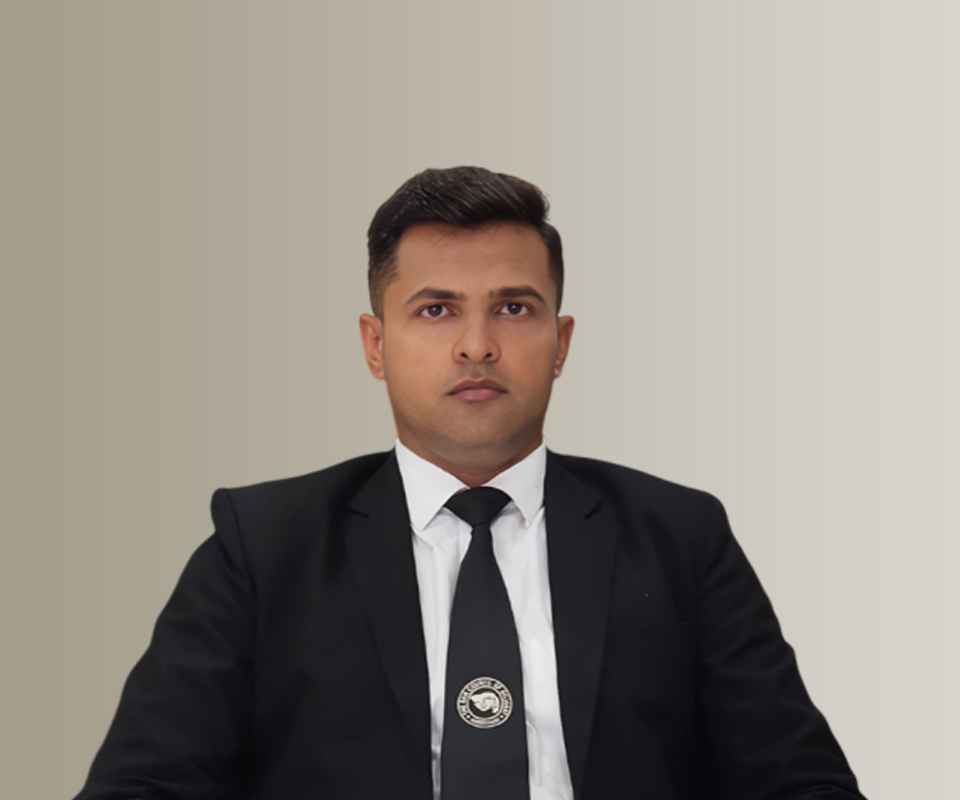Answer By law4u team
In India, child custody cases involve sensitive issues regarding the well-being of a minor child, with a strong emphasis on protecting the child's best interests. The decision on whether a child can testify in court is not automatic; it depends on various factors, including the child’s age, maturity, and emotional state. Courts generally aim to avoid subjecting a child to the stress and trauma of court proceedings, but in certain cases, a child’s testimony may be considered as an important factor in determining the custody arrangement.
Circumstances Under Which Children May Testify:
Best Interests of the Child
The primary concern of the court is always the best interests of the child. In determining custody, the court may take into account the child’s wishes if the child is of sufficient age and maturity. However, courts are cautious in allowing children to testify, as it may cause emotional distress or psychological harm, especially if they are too young or if they have been placed in a position to choose between their parents.
- Age and Maturity: Courts usually allow children above the age of 12 or 13 years to testify in custody cases, assuming they are mentally and emotionally capable of understanding the proceedings and articulating their views. A younger child may be consulted indirectly through a guardian ad litem or through psychological assessments.
Judicial Discretion
Indian courts exercise discretion in deciding whether to allow a child to testify. The decision is influenced by factors such as:
- The child’s emotional maturity and ability to comprehend the questions posed during the trial.
- The nature of the testimony—whether it is relevant to the child’s welfare and the parent-child relationship.
- The potential psychological harm that might be caused to the child by testifying, especially in cases of high conflict or abusive situations.
Example: In cases where the custody battle is particularly bitter or the child has experienced trauma, the court may avoid directly involving the child in testimony to prevent re-traumatization.
The Role of Guardian ad Litem
In some cases, the court may appoint a guardian ad litem to represent the child’s interests, rather than requiring the child to testify. The guardian ad litem is a neutral third party who investigates the situation, assesses the child’s needs, and makes recommendations to the court regarding custody and visitation. This helps protect the child from the emotional strain of court testimony, while still considering the child’s perspective.
Child’s Wishes vs. Parental Rights
While a child’s preferences can influence the custody decision, they are not determinative. The court will weigh the child’s wishes in the context of the child’s overall welfare, and the child’s testimony may not always align with the parent’s wishes. In some cases, a child may express a strong preference for one parent over the other, but the court will balance this with other factors, such as the emotional stability of each parent and the child’s overall well-being.
- Example: If a child expresses a desire to live with the father but it is revealed that the father has a history of substance abuse, the court may override the child’s wishes in favor of the mother for the sake of the child’s safety and well-being.
Psychological Evaluation and Expert Testimony
Instead of directly involving the child in testimony, the court often orders a psychological evaluation of the child by an expert. The psychologist or child welfare specialist may assess the child’s emotional state, their relationships with both parents, and their understanding of the situation. This expert testimony can offer insights into the child’s feelings and wishes without subjecting the child to the pressure of direct questioning.
Special Considerations in Cases of Abuse
In cases where allegations of child abuse or neglect are present, the court may allow the child to testify in a manner that minimizes trauma. The child might testify in a more private setting (such as a video-recorded statement or behind a screen) to prevent direct confrontation with the alleged abuser. Special provisions are made to ensure the child’s safety and emotional health throughout this process.
Factors Influencing the Court’s Decision:
Psychological Impact on the Child
One of the most important considerations is whether testifying would have a detrimental impact on the child’s psychological well-being. Courts are wary of causing emotional distress or conflict in a child who may already be dealing with a high level of stress due to parental separation.
The Child’s Relationship with Both Parents
The nature of the child’s relationship with each parent is crucial. If the child feels forced to choose between parents, it could create long-term emotional harm. In some cases, the court may choose not to hear the child’s testimony if it feels that doing so might put undue pressure on the child or expose them to manipulation.
Parental Influence
If there is any suspicion that the child’s testimony may be influenced or coached by one of the parents, the court will carefully consider how the testimony is gathered. Courts are vigilant about the potential for one parent to manipulate the child’s wishes, especially in cases of high parental conflict or domestic violence.
The Child’s Capacity to Understand the Situation
The child’s age, mental maturity, and ability to understand the implications of their testimony are key factors. Very young children may not be able to articulate their feelings or may not understand the legal consequences of their statements. In such cases, their welfare may be best served by indirect forms of consultation, such as interviews with a child psychologist or by allowing the child to express their feelings in a more comfortable, informal setting.
Example
Case Scenario: In a custody dispute between divorced parents, both the mother and father claim that their daughter, who is 14 years old, should live with them. The mother presents evidence of her stable home environment, while the father argues that the daughter prefers to live with him due to their close relationship. The court is faced with the question of whether to allow the daughter to testify in court.
The court is concerned about the emotional impact on the child, as the father’s arguments suggest that the mother might be alienating the daughter from him. The judge orders a psychological evaluation of the child to assess the emotional toll of testifying and to gauge her wishes in a neutral, non-pressuring environment. The psychologist finds that the daughter has a strong bond with both parents, but is confused about the custody decision due to the conflict between them.
In light of the evaluation, the court decides not to call the child to testify. Instead, it relies on the expert’s recommendations and the child’s best interests in making a custody determination. The court also orders a modified visitation schedule to ensure that the child maintains a healthy relationship with both parents, without putting her in the middle of the dispute.
Conclusion
Indian courts generally avoid putting children in a position where they have to testify directly in custody cases, as it can lead to emotional stress and potentially harm the child’s well-being. However, courts will consider a child’s wishes when determining custody if the child is of sufficient age and maturity. Courts will often rely on expert testimony, psychological evaluations, and the use of a guardian ad litem to represent the child’s interests, rather than subjecting the child to the stress of courtroom testimony. Ultimately, the court’s primary goal is to ensure that any decision made serves the best interests of the child.






